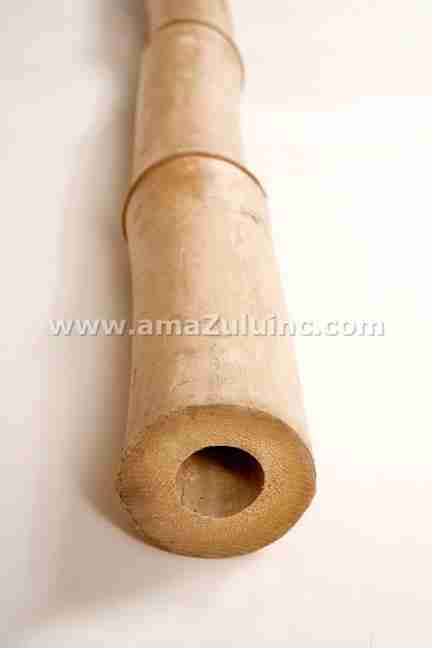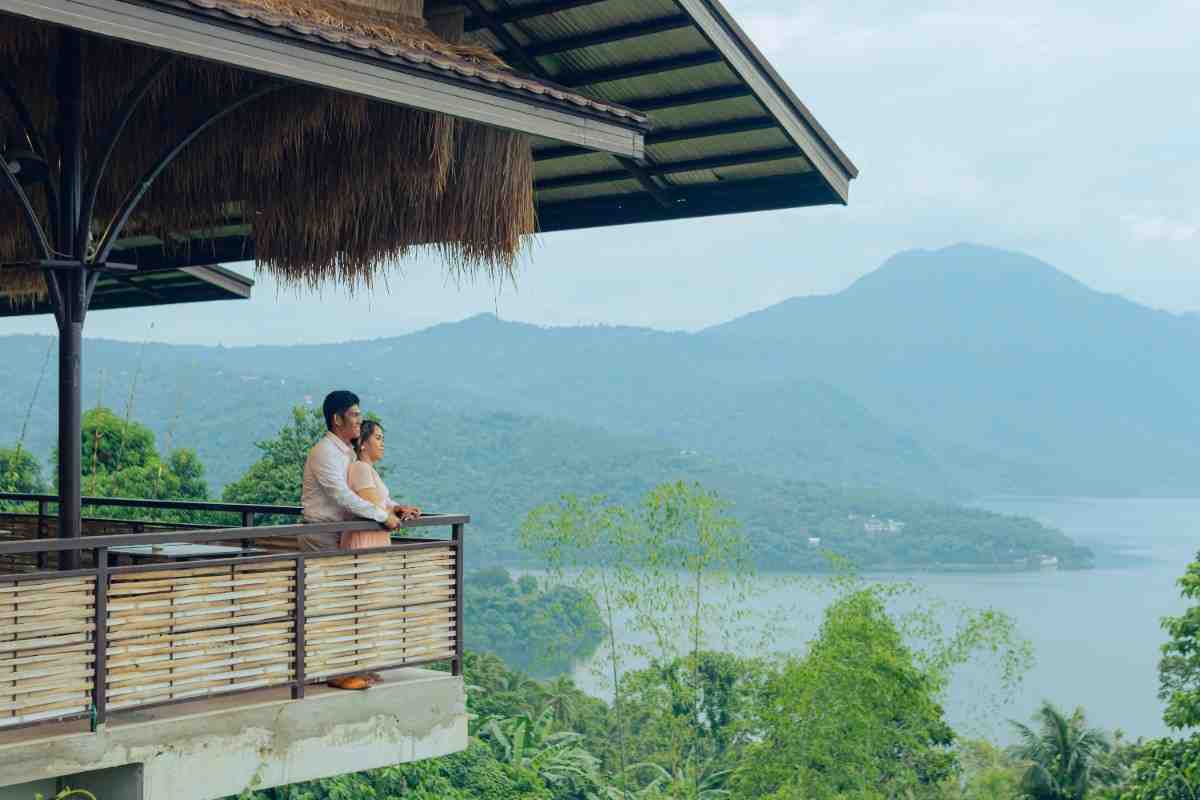
Tristan Ishtar
VP of Sales
Bamboo has been revered across cultures for millennia, from ancient Chinese construction to modern tropical resorts. However, not all bamboo is created equal. The difference between a bamboo feature that lasts for years and one that deteriorates quickly often comes down to species selection, proper installation, and maintenance techniques.
At the intersection of sustainability and aesthetics, natural bamboo poles offer unique design possibilities. However, success with bamboo requires an understanding of its specific strengths and limitations—especially when used outdoors.
Durability and Maintenance of Natural Bamboo Poles Outdoors
The appeal of natural bamboo in outdoor settings is undeniable, but its organic nature presents inherent challenges. Without proper treatment and installation, bamboo can degrade quickly when exposed to the elements.
Environmental Factors Affecting Bamboo Longevity
Climate plays a crucial role in determining how long bamboo will last outdoors.
“In dry parts of Texas or Arizona, natural can last you 10-15 years even outside,” explains Tristan Ishtar, vice president of sales at amaZulu. “If you’re in a place that gets rain and snow, the Tonkin rolled bamboo fencing might last 7 years with care, or as little as a year and a half.”
Essential Maintenance Tips
Regular treatment significantly extends bamboo’s lifespan.
“If you coat natural bamboo every couple of years with TWP or a wood sealer like Thompson’s, that helps it last a lot longer,” Tristan says. “Untreated solid bamboo might last 6-8 years, but with treatment, you could get 12-15 years.”
Proper Installation Techniques
Installation is just as important as maintenance when it comes to bamboo’s longevity.
“Keep them at least 2 inches off the ground,” Tristan advises. “Also, cut it at the node, otherwise the hollow part collects water.” This prevents rainwater from accumulating inside the poles, which accelerates decomposition from the inside out.
Selecting and Purchasing Natural Bamboo Poles
Choosing the right bamboo poles is essential to ensuring your project’s long-term success. Understanding quality indicators, sizing, and sourcing best practices can save time, money, and frustration.
Quality Indicators
Look for poles with:
- Consistent coloration
- Minimal splitting
- Solid, heavy feel for their size
- Regularly spaced nodes
Avoid bamboo with soft spots, mold, or excessive blemishes.
Standard Sizing
Most suppliers offer bamboo poles in standard sizes:
- 8-foot
- 10-foot
- 12-foot
“8-10-12 foot poles are the main sizes that we stock,” says Tristan. Diameters typically range from 1 to 3 inches, with specific applications requiring different dimensions.
Pricing Factors
Species type significantly impacts price, with structural varieties commanding premium rates over decorative options like Tonkin.
“There are discounts for bulk purchases,” Tristan notes, “though a homeowner would need to buy several hundred to over a thousand poles for substantial savings.”
Sourcing Channels
Work with established importers who understand bamboo species differences and can verify quality. Avoid purchasing solely based on online images, as bamboo quality is difficult to assess without physical inspection.
Sustainability Considerations
Ask suppliers about their harvesting practices and whether they source from managed bamboo plantations. Sustainable bamboo is typically harvested at 5-7 years old to ensure strength and durability.
Expert Consultation
Seek guidance from specialists who can match bamboo species to your specific application. “A big part of our job is to tell customers what will work and what won’t,” Tristan explains. “Call us because we can walk you through it.”
Different Types of Natural Bamboo Poles and Their Applications
With thousands of bamboo species available globally, choosing the right one for your application is key.
“There’s 1,600-1,800 species of bamboo,” says Tristan. “Match the species to the application—if you’re doing something structural, you better get structural bamboo.”
Structural Bamboo
- Tre-Gai Bamboo: Prized for its straight growth pattern and thick walls, ideal for furniture and structural elements.
- Guadua Bamboo: One of the strongest species, commonly used for construction and scaffolding.
- Solid Bamboo: Best for load-bearing projects.
Decorative Bamboo
- Tonkin Bamboo: A non-structural variety with a uniform appearance. “If you’re just putting it on a ceiling, Tonkin works because people won’t be bumping into it,” Tristan explains. “It’s very cheap, though it will crack on its own.”
Common Applications
- Structural projects: Solid bamboo, Tre-Gai, or Guadua are best.
- Decorative indoor uses: Tonkin bamboo is an economical choice.
- Fencing: “The inch and a half solid bamboo is the most common size for fencing,” Tristan notes.
- Humid climates: High-quality bamboo varieties are essential for outdoor installations.
Creative Applications for Natural Bamboo Poles
Beyond traditional tropical themes, bamboo poles offer endless creative possibilities.
Hospitality and Entertainment
- Restaurants and hotels use bamboo for immersive decor. “A Las Vegas restaurant used about 1,200 poles for their backdrop and lattice work,” Tristan shares.
- Event companies create wedding arbors with bamboo poles.
- Margaritaville developments use bamboo to support string lights for an ambient glow.
Custom Design Applications
- Furniture: Designers craft unique beds, chairs, and tables with bamboo poles. “We’ve seen gorgeous custom beds made with 12-foot poles,” Tristan notes.
- Terrariums: Even pet enthusiasts get creative. “We had someone use bamboo for a lizard terrarium,” he adds.
Take the Next Step with Expert Bamboo Guidance
Ready to incorporate natural bamboo poles into your next project? With over 22 years of experience sourcing premium bamboo, amaZulu provides expert guidance to ensure your bamboo application is successful. Whether you’re developing a large-scale resort or designing a backyard paradise, their specialists will help you select the right species and materials.
Contact amaZulu today to discuss your project requirements. Their team can estimate project scope, recommend appropriate materials, and provide turnkey solutions that bring your vision to life—cost-effectively, responsibly, and with the quality that has made them a trusted industry leader for over two decades.

Tristan Ishtar
VP of Sales
With over 11 years at amaZulu, Tristan brings deep expertise in tropical building materials and a customer-focused approach. He serves as a trusted consultant for architects and designers, providing expert guidance without high-pressure sales.





